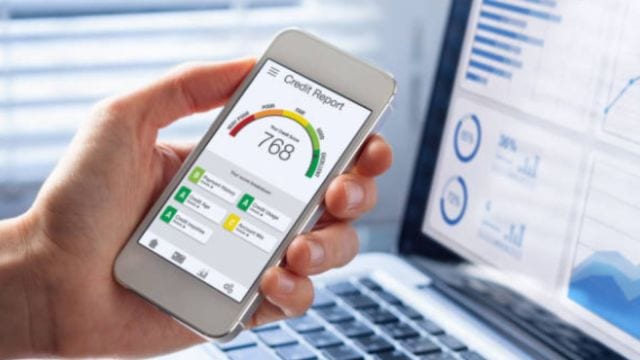Increase Cibil Score India: A credit score is a three-digit number that is significant in personal finance. In India, CIBIL (Credit Information Bureau (India) Limited) is a leading credit bureau that assesses the creditworthiness of individuals and companies based on their credit histories.
CIBIL assigns credit scores on a scale of 300 to 900, which is crucial in determining an individual’s or company’s eligibility to access credit facilities such as loans and credit cards at favourable terms.
A higher score indicates good financial health. It makes it easier for individuals to access credit facilities such as loans and credit cards at favourable terms. On the other hand, a low credit score can pose challenges to obtaining credit or may result in higher interest rates and less favourable terms.
A CIBIL score of 750 or higher on a credit report is ideal since it increases the likelihood of qualifying for personal loans and credit cards. Contrarily, if the CIBIL score falls below 685, obtaining funds from banks and NBFCs may be more difficult.
As a result, enhancing one’s CIBIL score is a common financial goal to reflect responsible credit behaviour and facilitate better access to credit facilities. As boosting one’s credit score requires consistent financial discipline over time.

Here are six smart tips that can help boost one’s credit score within thirty days and enhance one’s creditworthiness and financial standing.
1. Make on-time payments:
Paying the bills on time is fundamental to maintaining a healthy credit score. Making payments on time shows creditors that one is reliable and financially responsible. This helps to build a positive credit history and can improve the credit score. On the other hand, late payments can harm the credit score, potentially leading to higher interest rates and limited access to credit in future.
2. Keep credit utilisation low:
Maintaining a low credit utilisation ratio is crucial to improving the credit score. Ideally, the credit card balances should be around 30% of the available credit limit. High credit utilisation can signal financial strain and may lower the credit score. It’s advisable to keep the balances low. By this, one can indicate responsible credit management and boost creditworthiness.
3. Maintain old accounts:
Retaining old credit accounts, even if not actively used, can boost the credit score as they contribute to a longer credit history, which can be a positive factor in credit scoring models. Additionally, keeping these accounts open can increase the total credit limit, potentially lowering the credit utilisation ratio and boosting the credit score over time.
4. Limit new credit applications:
Avoiding multiple new credit applications within a short period is advisable to protect the credit score. Each new application typically results in a hard inquiry on the credit report, which can temporarily lower the score. Limiting new credit inquiries helps maintain the stability of the credit profile and prevents unnecessary fluctuations in credit scores.
5. Consider a secured credit card:
Secured credit cards can be a valuable tool for individuals with a limited credit history or poor credit scores. Responsibly establish or rebuild credit by using a secured card with a security deposit. Making timely payments and managing credit utilisation on a secured card can demonstrate creditworthiness and pave the way for improved credit opportunities in the future.
6. Monitor credit score routinely:
Regularly monitoring credit scores is essential for tracking one’s financial progress and identifying areas for improvement. Many financial institutions offer free credit score monitoring services, allowing one to stay informed about changes in the credit profile. By staying vigilant and proactive in monitoring the credit score, one can address the pertinent issues promptly and work towards achieving an improved credit standing.
Additional tip: Pay and clear existing debt:
Clearing and paying existing debt can have a substantial positive impact on your credit score. In addition to reducing one’s overall debt burden, it can also lower the credit utilisation ratio, which is a key factor in determining your credit score. Prioritise paying off outstanding balances, starting with high-interest debts or accounts with the smallest balances.
By diligently following these steps, anyone can improve their credit score, boost their creditworthiness, and have better financial health, resulting in increased access to credit opportunities.
































